Mobile Home Insurance
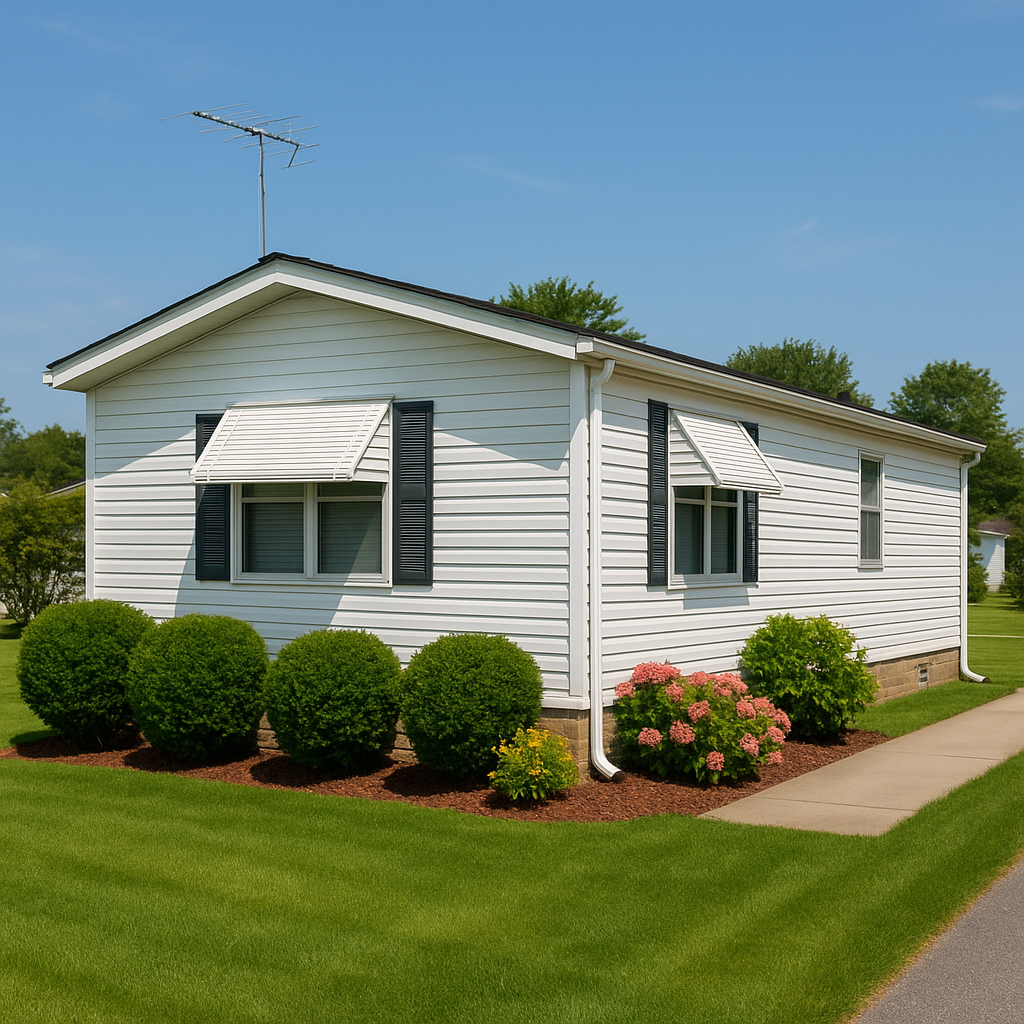
A Comprehensive Guide to Mobile Home Insurance
Mobile homes offer a unique and affordable housing option, but they also come with specific insurance needs. Whether you own a manufactured, modular, or mobile home, understanding the right type of insurance coverage is essential for protecting your investment. This guide will explore mobile home insurance, the coverage options available, typical costs, and key factors to consider when choosing a policy.
What is Mobile Home Insurance?
Mobile home insurance, sometimes called manufactured home insurance, is a type of coverage designed to protect your mobile home, its contents, and the residents. While mobile home insurance shares some similarities with standard homeowners’ insurance, it has unique elements that address the specific risks associated with mobile and manufactured homes.
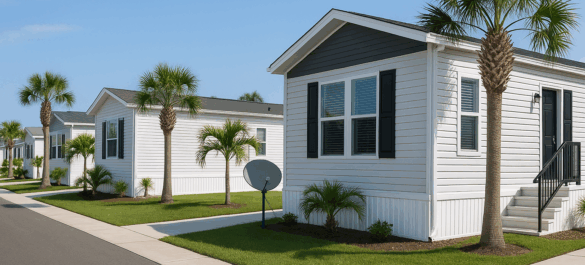
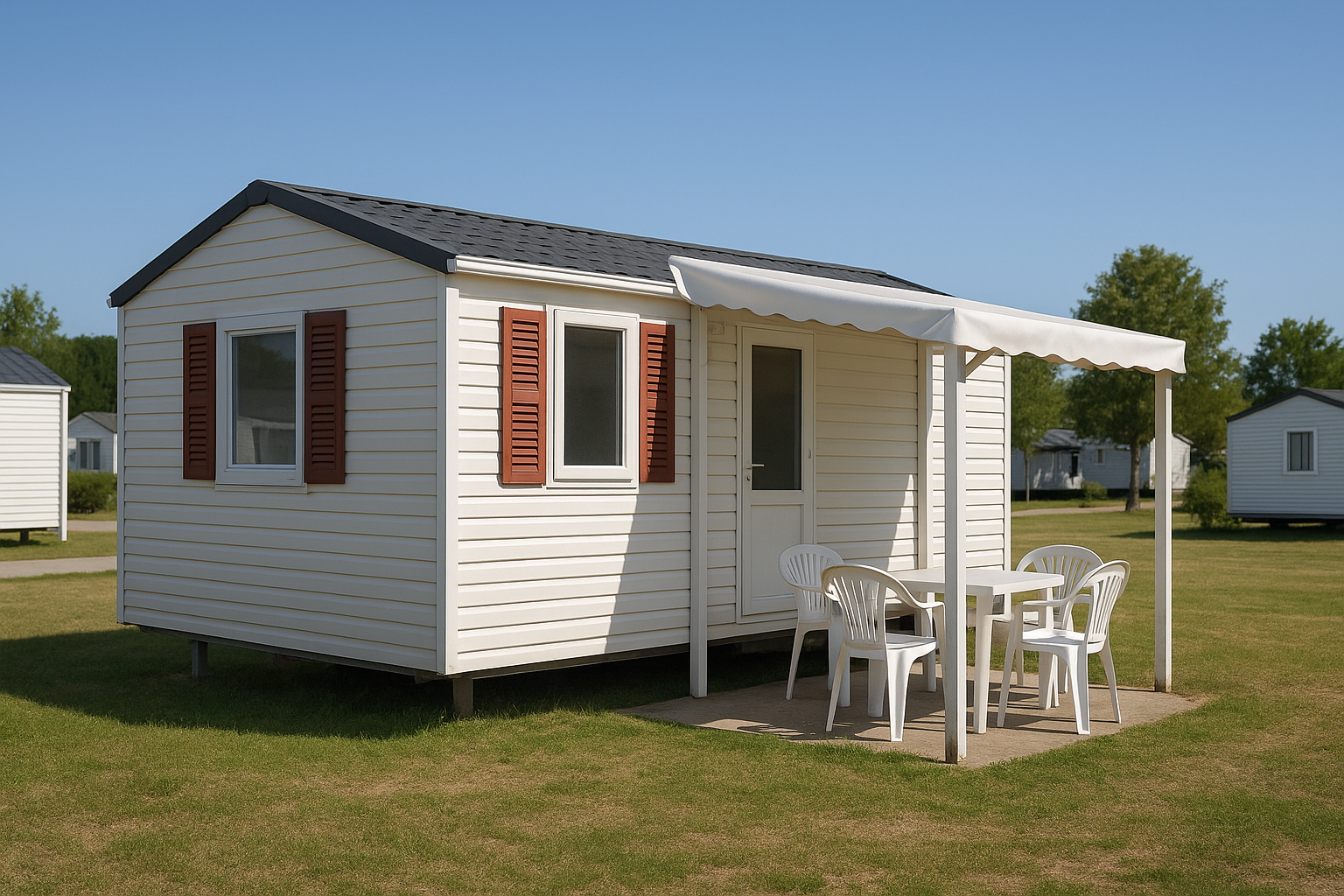
Why Do You Need Mobile Home Insurance?
Mobile homes face different risks compared to traditional homes, such as weather damage, fire, and theft, often due to their structure and location. Insurance for mobile homes can protect you financially from these unexpected events by covering repair costs, replacement value, and liability in case of injuries or property damage on your premises.
Mobile home insurance may also be required by mortgage lenders if you financed your home, and many communities require proof of insurance for occupancy.
What Does Mobile Home Insurance Cover?
Mobile home insurance provides various coverages to protect your home, belongings, and liability. Here are the main components:
- Dwelling Coverage: This covers the structure of your mobile home, protecting it against events like fire, storms, and vandalism. Some policies also cover the foundation or anchoring structures.
- Personal Property Coverage: Protects your belongings inside the home, such as furniture, electronics, and clothing, from theft, fire, and other covered events.
- Liability Protection: Offers financial protection if someone is injured on your property or if you accidentally damage someone else’s property. This can cover medical bills, legal fees, and even settlements.
- Additional Living Expenses: If your mobile home is damaged and you need to live elsewhere temporarily, this coverage can help with hotel costs, meals, and other living expenses.
- Other Structures Coverage: This optional coverage can protect additional structures on your property, such as sheds, carports, or garages.

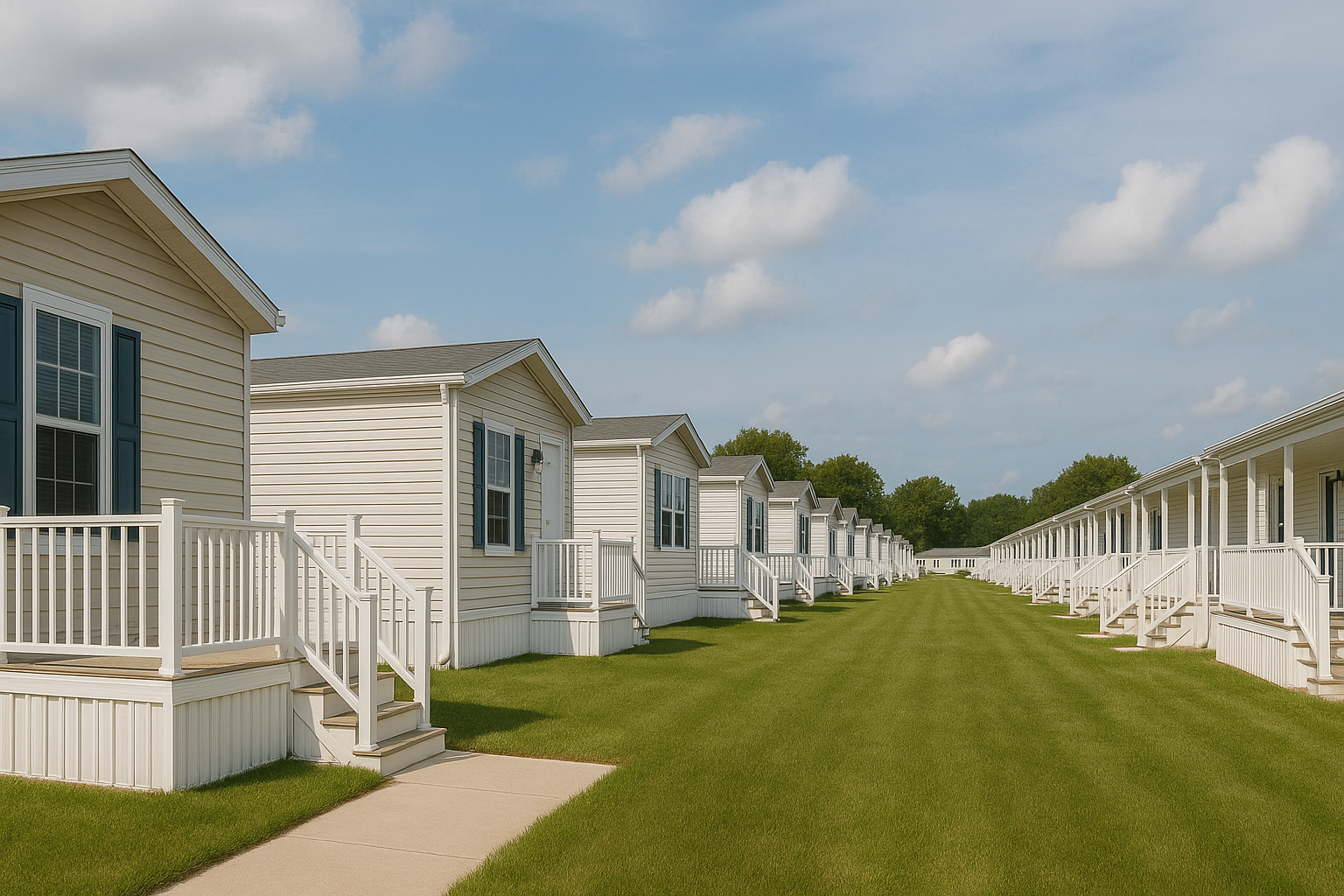
Common Risks Covered by Mobile Home Insurance
When insuring a mobile home, it’s important to understand the risks commonly covered by most policies. Here are some of the main risks:
- Fire and Smoke Damage: Fire poses a significant risk to mobile homes, and coverage is essential for rebuilding and repairs.
- Severe Weather: High winds, hail, and heavy storms can cause substantial damage to mobile homes, making weather coverage vital.
- Theft and Vandalism: Coverage for stolen or damaged property ensures that you can replace personal items.
- Water Damage: Some policies cover water damage due to broken pipes or internal water sources. Flood coverage, however, is typically separate and should be considered based on your location.
How Much Does Mobile Home Insurance Cost?
The cost of mobile home insurance can vary depending on several factors:
- Location: Homes in areas prone to natural disasters may face higher premiums.
- Home Value and Age: Older homes or homes with higher values may cost more to insure.
- Coverage Limits: Higher coverage limits increase the premium but offer more comprehensive protection.
- Deductible Amount: Choosing a higher deductible can reduce monthly premiums, though it requires paying more out-of-pocket in the event of a claim.
On average, mobile home insurance policies range from $300 to $1,000 annually, though rates vary based on individual factors and insurer differences.
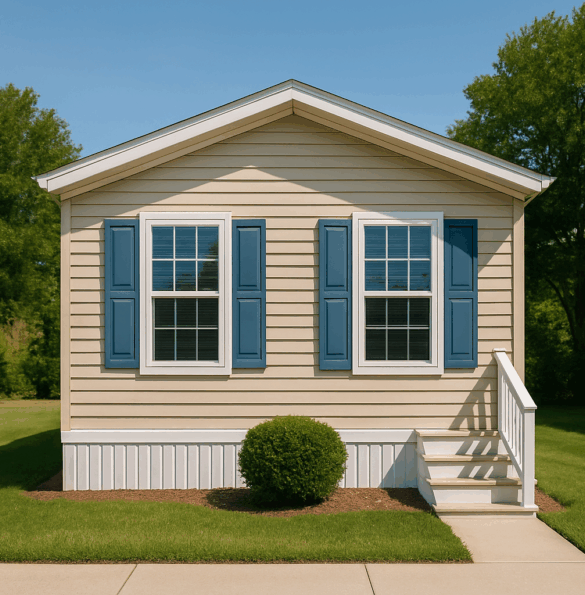
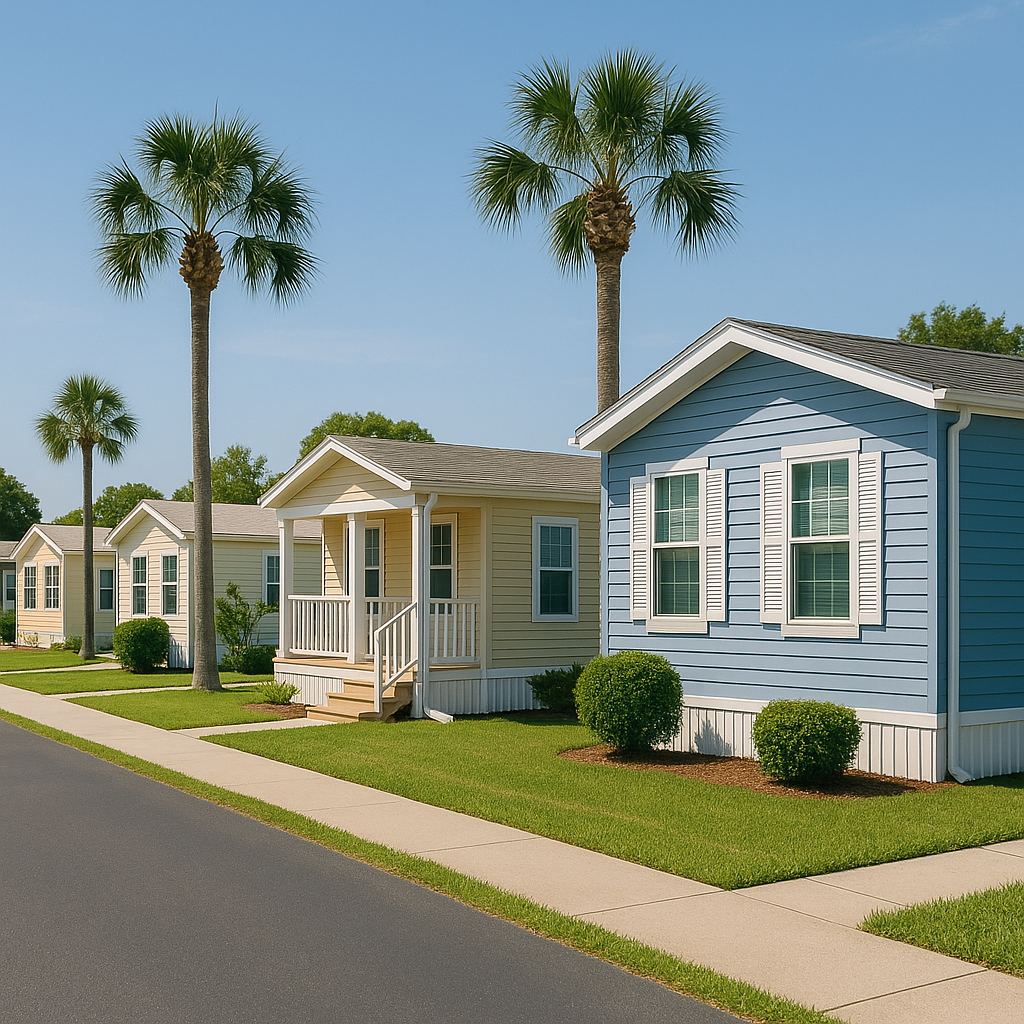
How to Choose the Right Mobile Home Insurance Policy
Selecting the right mobile home insurance involves assessing your needs, budget, and risk factors. Here are steps to guide you:
- Evaluate Coverage Needs: Consider factors like the value of your home, location risks, and personal belongings when determining coverage limits.
- Compare Providers: Mobile home insurance rates can vary greatly between insurers. Comparing quotes helps you find the best balance between cost and coverage.
- Understand the Fine Print: Make sure you understand what’s covered—and what’s not. For example, many policies exclude flood and earthquake damage, requiring additional riders for full protection.
- Look for Discounts: Some insurers offer discounts for security systems, bundling policies, or even being claim-free. Ask about ways to reduce your premium.
Additional Insurance Options to Consider
Certain risks may not be covered by standard mobile home insurance policies. Here are some optional coverages to consider:
- Flood Insurance: If you live in a flood-prone area, adding a separate flood insurance policy can protect your home and belongings from water-related losses.
- Earthquake Insurance: Mobile homes in earthquake-prone regions should consider this coverage to guard against seismic damage.
- Replacement Cost Coverage: This optional coverage replaces damaged property at current market rates rather than the depreciated value, providing more comprehensive reimbursement in case of a claim.
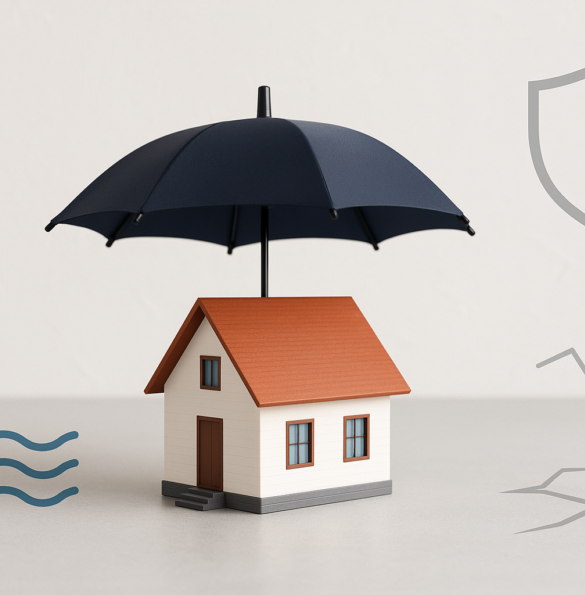
Why Choose A to Z Insurance for Your Mobile Home Insurance Needs?
At A to Z Insurance, we understand the unique needs of mobile homeowners. Our knowledgeable team can help you navigate policy options and find the right balance between affordability and coverage. We specialize in creating customized insurance plans for mobile homeowners and can offer guidance on protecting you. You can also check out our Comprehensive Guide to Mobile Home Insurance for more information.
What We Offer at
A to Z Insurance
Auto Insurance
Auto insurance doesn’t have to be complicated. Our experienced agents help you find the best coverage for your needs.
Home Insurance
Protect your largest asset with a customized homeowners policy tailored to your needs. Our agents guide you through your options to find the right coverage for your home.
Business Insurance
Your business deserves protection that fits its unique needs. We offer expertise and a wide range of coverage options to help safeguard your business.
